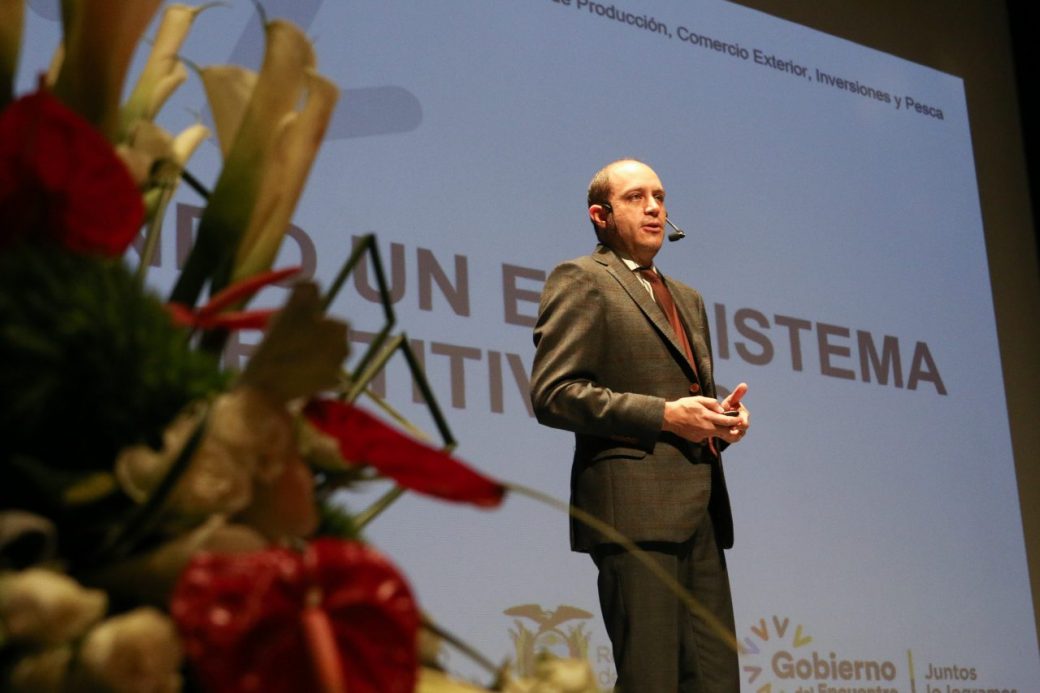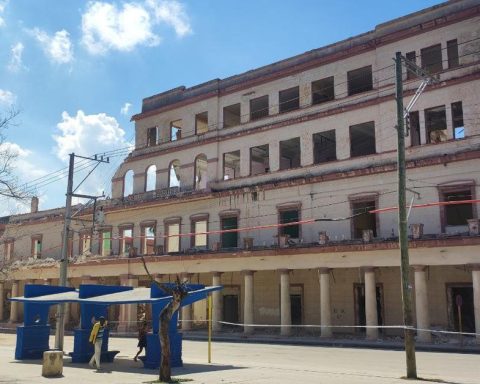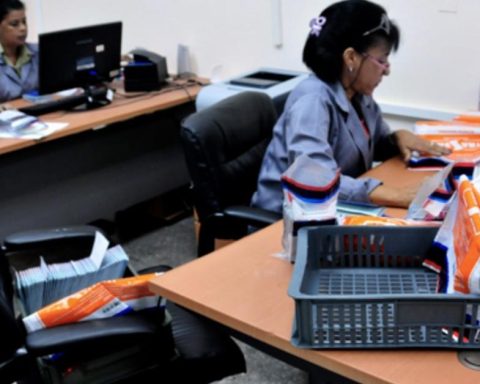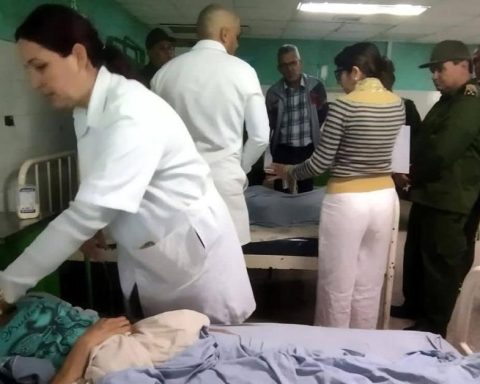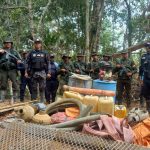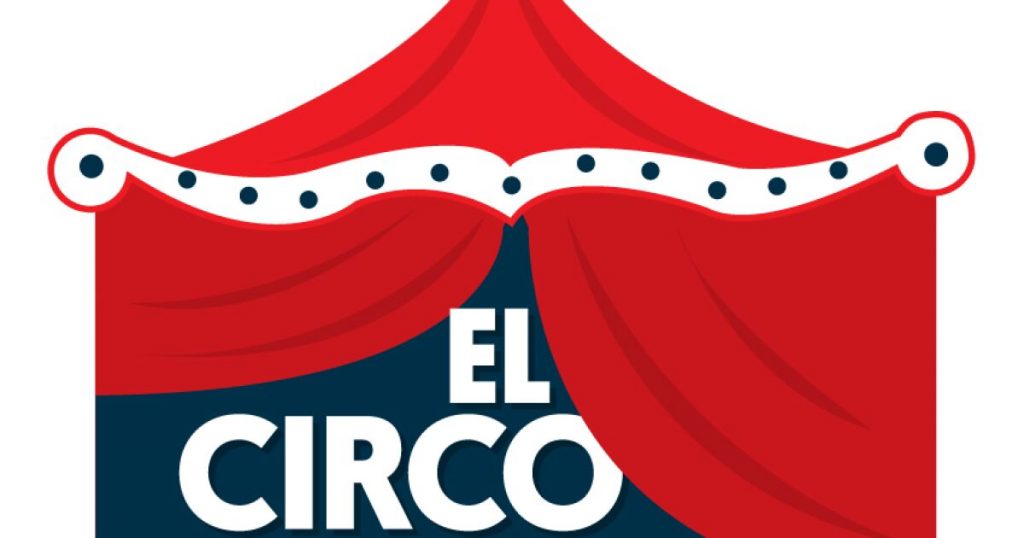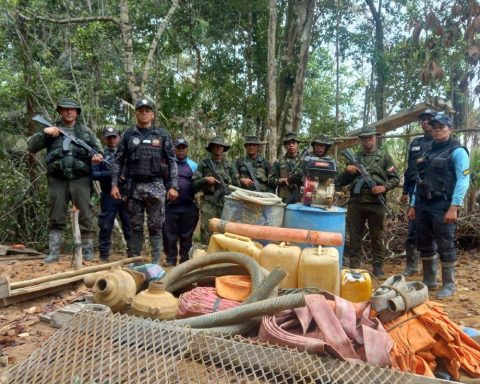The Government presented the strategy of clusters or productive ecosystems to promote development, innovation and employment in 20 sectors of the economy.
This February 10, 2022, the Minister of Production and Foreign TradeJulio José Prado, explained that the Government seeks to change the Ecuadorian productive landscape by promoting 20 clusters or business ecosystems.
According to the official, until 1994, Ecuador Y Costa Rica had very similar economies on the production basis of raw Materials and almost no technology sector.
However, the Central American country, as of that year, bet on the diversification of its activities by bringing together, around specific products and services, businessmen, scientists, universities, government and civil society.
That bet has allowed that now Costa Rica have a growing technological and value-added production and not only the typical primary goods such as bananas, coffee, among others.
Ecuadorfor its part, did not make profound changes and remains dependent on basic exports and oil.
Prado pointed out that the country is implementing a development model old where the “Government knows what is good for everyone and runs a desk policy.”
The results have been meager and along the way the potential of existing universities to create the knowledge needed to drive the economy has been sidelined.
“never another Yachay. We have to work with what already exists to take it to the next level and for those strategies to work,” Prado said.
From the simple to the complex
Thus, during the last eight months we have worked closely with the private sector and the academy to establish the activities with the greatest potential for growth and innovation.
The first steps have already been taken to create cooperation spaces or business ecosystems. These clusters They will serve to create products and services with added value in the medium term in the following activities:
Forest industry; Textile and fashion industry; Coffee and processed; Plastic; Technological Logistics; Chocolate; Rice; Alcoholic drinks; oilseeds and oils; creative industries; Dairy industry; Tuna; Super ‘foods’; Innovation in health; Financial; banana tree; Real state development; Industrial hemp and responsible mining.
The final objective, for example, is to emulate experiences such as those of the Colombian coffee sector, where it began by uniting producers, standardizing the quality of crops, investing in technology, and finally producing added value through coffee shops chains. Juan Valdes. (JS)
